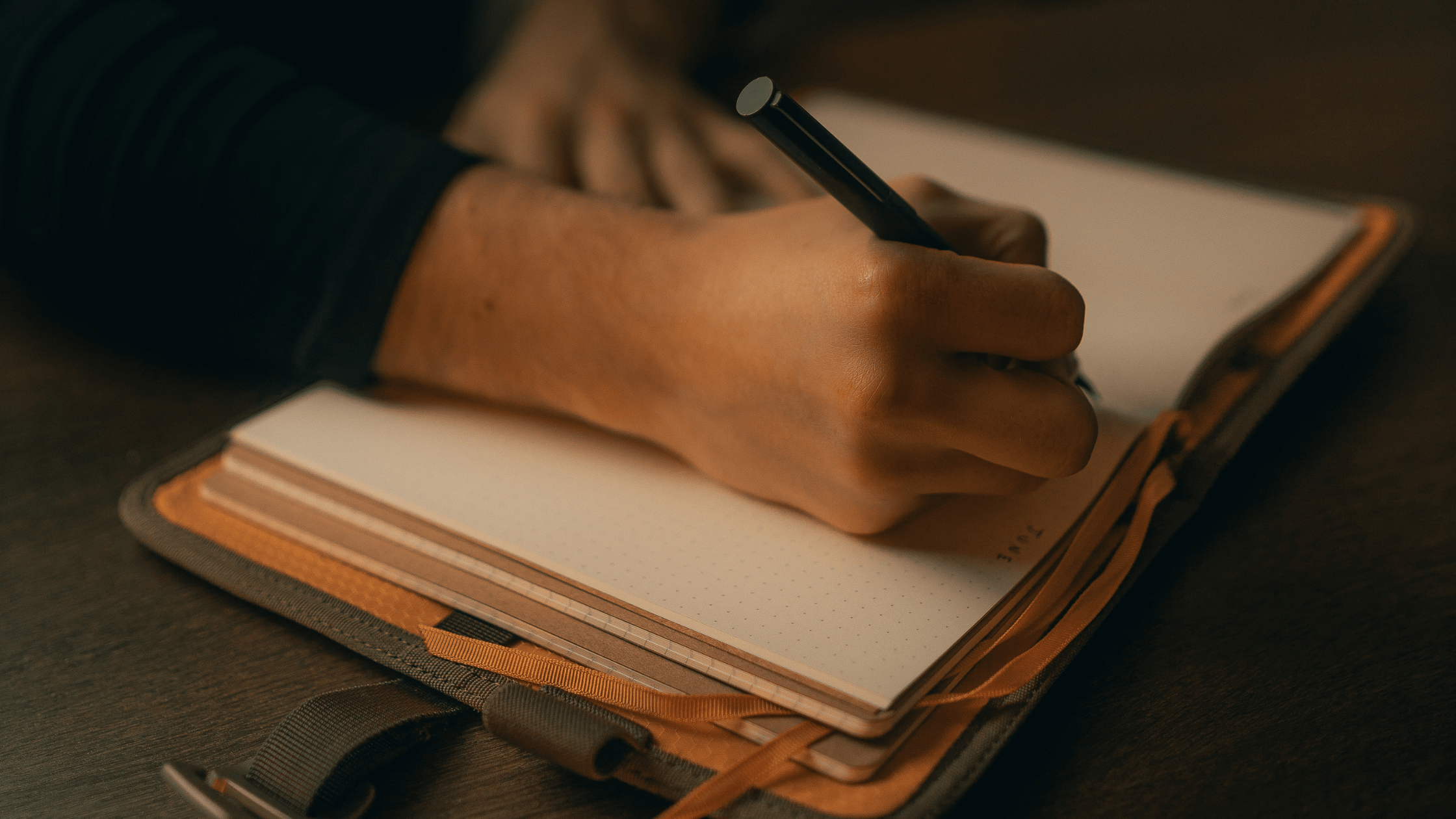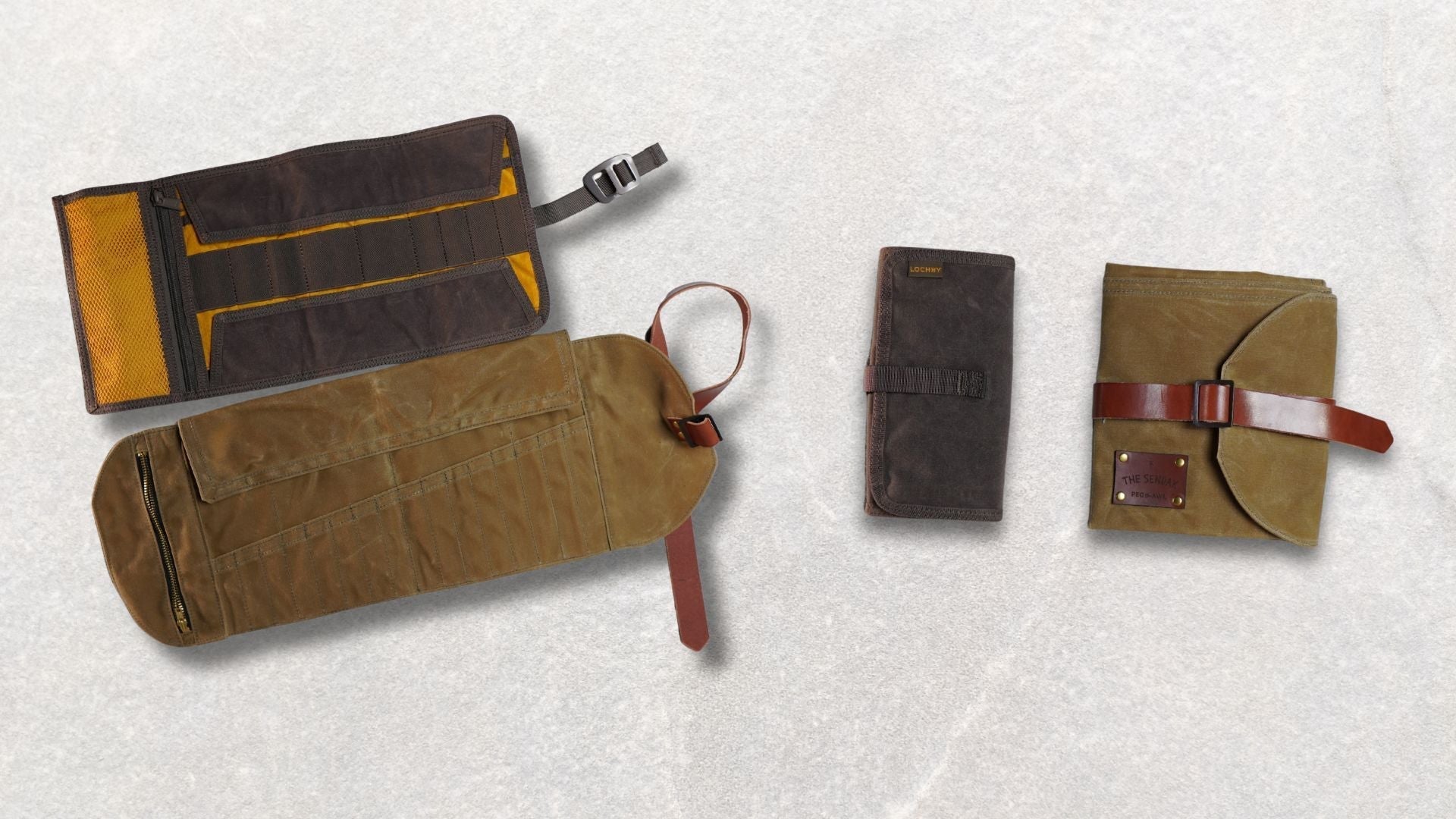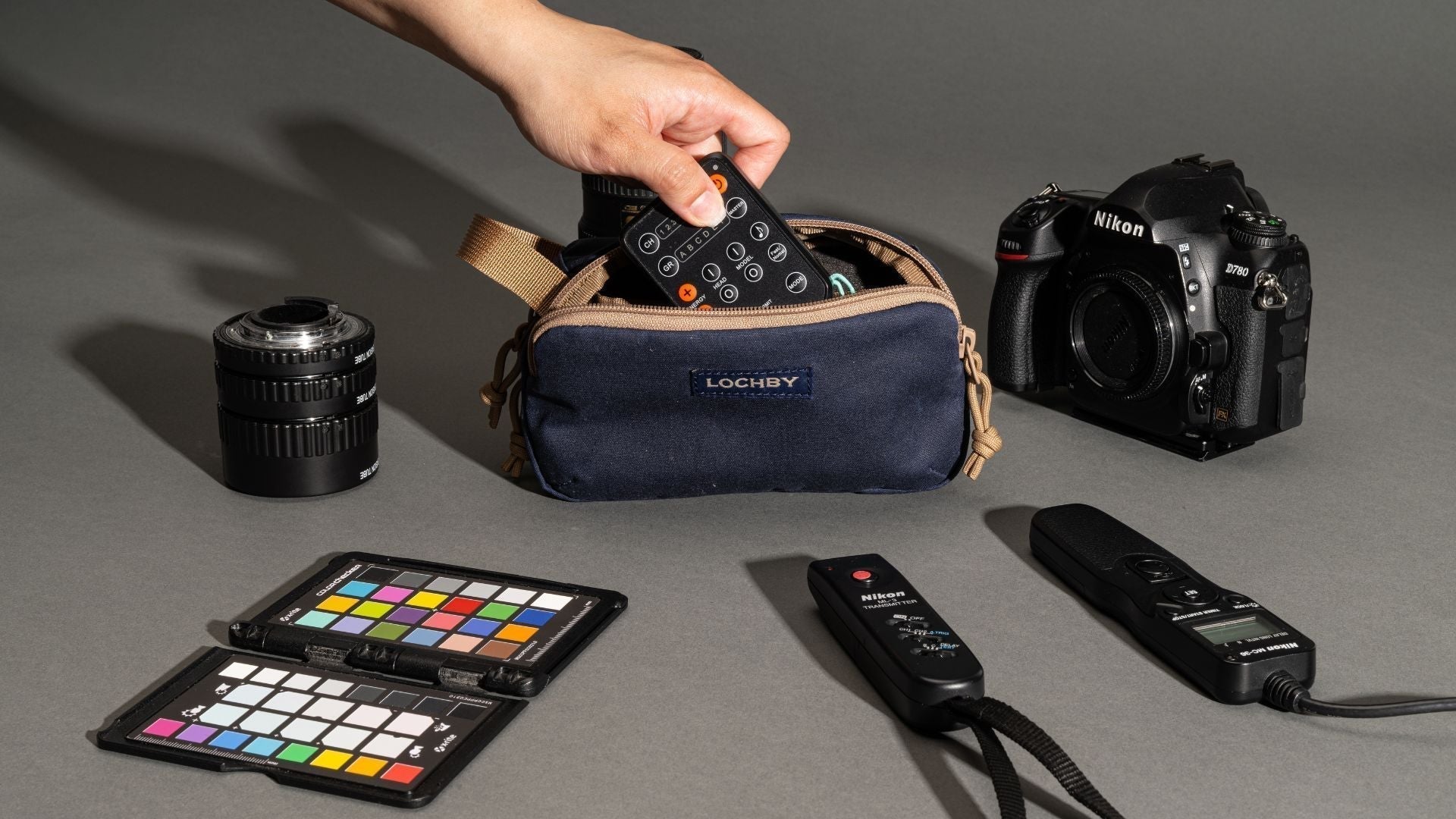Admit it: nothing can take you away from what you're doing faster than the ping of a message from your phone. If it's on silent mode, you most likely put it on vibrate beforehand anyway - you know, "just in case." On the other hand, if both sound and vibrate are properly turned off, without any prompting and you still feel compelled to check your phone periodically. As such, this is the world we live in - even though we don't have flying cars (yet), what do we have plenty of in the age of smartphones?
Push notifications and other electronic distractions.
According to measurement company Zenith, American adults spent "about 3 hours and 30 minutes a day using the mobile internet in 2019, an increase of about 20 minutes from a year earlier." Even without research studies from 2020 due to the pandemic - which would show higher totals because of remote work and classes - the numbers speak for themselves. Three and a half hours is a long time and, if we put that into perspective, give or take here's how much potential distraction we have in our life:
One day in a week. Four days in a month. A month and a half in a year.
Now, are smartphones and the technology they've brought us useful? Very much so. Do notifications allow us to stay informed and updated when it comes to the things and people that matter to us? Definitely. But has this technological advancement put us in situations that don't promote focus and productivity? Unfortunately, yes.
But how do you kill electronic distractions, of which push notifications is just a small part, in an ever evolving digital world?
1. Schedules and to-do lists go hand in hand.
As journalers, we know the benefits of these two by heart: a daily, weekly, or monthly schedule keeps you from veering off track by creating a routine, while a to-do list ensures you know what your priority tasks are. They're effective as separate methods to ensure we stay focused, but together, they're perfect for managing distractions. That being said, everything else that's not part of your schedule or list? They're going to have a negative impact on your productivity and most certainly fall under the distraction category.
Now we're not saying you shouldn't check your email or Facebook - that's just not realistic or possible at all. But to avoid falling into the endless abyss that is scrolling through social media or getting trapped in the repetitive process of responding to each new email, consider this: incorporate these activities as part of your routine.
So Facebook can be listed as a to-do but only during breaktime, while responding to emails can be scheduled in chunks across your day. If you can't beat them, schedule them. There's nothing to lose, and you still get to focus and be productive.
2. If you have to, stay far away.
According to an article published by the Association for Psychological Science, researchers say that distractions, even small ones, hinder our productivity and lower the quality of our work. This isn’t surprising: when you're not focused, there's more room for mistakes because your attention is elsewhere. For example, if you love watching TV, you might want to work in a room without a TV in it. Even though the TV isn’t on, its presence alone is a small distraction.
As the person who knows best what distracts you, it's your responsibility to stay away from the things that take your focus away from productive work - especially if they're within your control. Being proactive is key: if you see your coworkers chatting it up while you’re busy chasing a deadline, walking over and joining their conversation - or worse, entertaining them by stopping whatever it is you’re doing when they pass by - isn’t in your best interest.
3. Reverse psychology: the NOT to-do list.
Are you more inclined to follow through if you know what you're not supposed to be doing? If that's the case, then the Science of People website has an amazing suggestion: a Not To-Do List. Instead of just listing down all of your tasks for the day, make a separate list of things that you shouldn't do.
It might seem counterproductive but this is the idea: while the To-Do list emphasizes the tasks you need to complete for a productive day, the Not To-Do list serves as a reminder of the things you have to avoid to make that happen.
Now, wouldn't it give you a great sense of fulfillment to tick off items on both lists by the end of the day?
4. Multitasking is not as awesome as we think.
A lot of people think that being able to multitask is an amazing skill - but is it? Are you really saving lots of time by doing several tasks at once, one after another, by switching around without giving each of them the attention and focus they deserve? A study by Stanford clearly says no. In fact, the results of their tests say that multitaskers pay a heavy price by doing what they do. In what way, you ask?
"Everything distracts them."
We're all aware of how powerful our brain is, but even it can't process more than one string of information at a time.
We're all aware of how powerful our brain is, but even it can't process more than one string of information at a time. So instead of forcing yourself to do all the tasks in your to-do list, break them down into bite-sized, doable pieces. Not only will you be able to maximize your time and become more efficient, you're also sure that the quality of your work is up to standard.
5. At the end of your rope? Create a limited account.
Most schools and companies block certain websites when you use their computer, and for good reason - it's just not part of the curriculum or your job description to be surfing the web to your heart's desire. Not only can they prevent you from abusing a shared resource for personal gain, they're also able to help you maximize your time on things that matter: learning and working.
If everything else fails, try the same thing: create a separate "work" account. Consider setting it up not to have any admin access, uninstall distracting apps and limit the websites you can visit - basically strip it to its bare minimum and keep only the things you really need to get things done. It might be a little extreme, but you won't know if it works until you give it a try, right?
One of the nice things about keeping a physical, paper journal is that you don’t have to deal with push notifications or other distractions.
Conclusion
Whether it's social media, Netflix, an online game, or even just Google and Wikipedia, distractions of all sorts, not just digital, will never go away - and the most vital step is taking charge of the things that you have control over. It can be something as simple as putting your phone away or finally turning off those push notifications for good. Whatever the case, we hope one or two items in this list was helpful to you.
With all that being said, have a productive day!





4 Amazing Ways Journaling Can Declutter Your Mind
Enemies of Execution: How To Stop Procrastinating